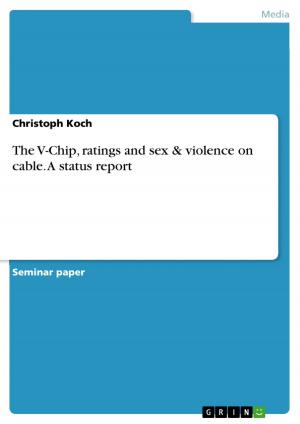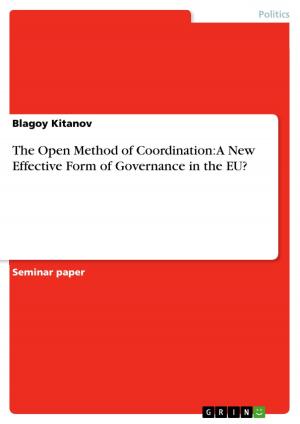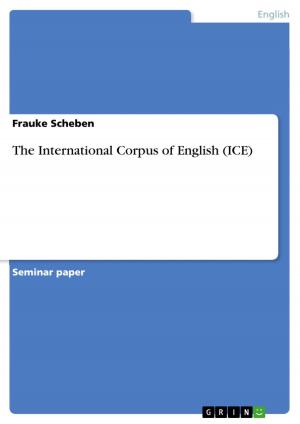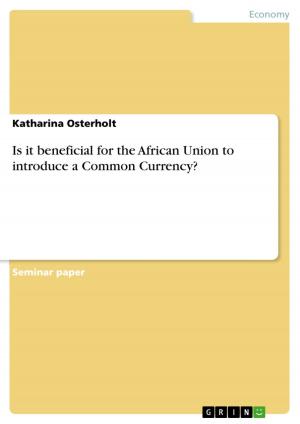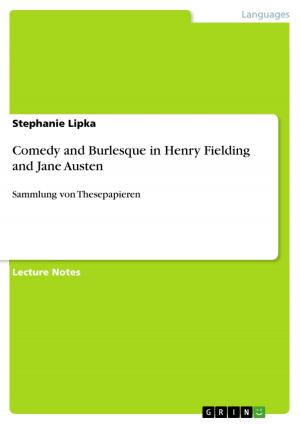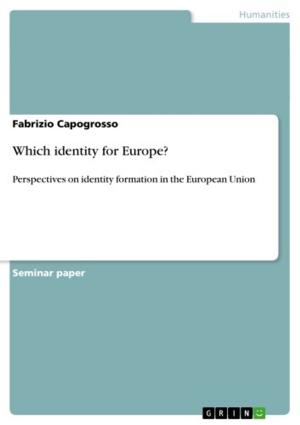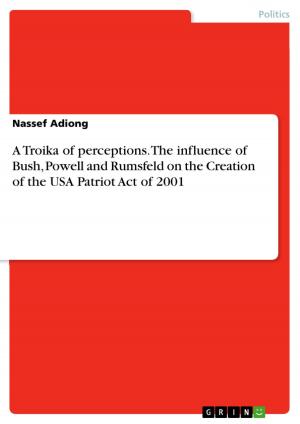Western European Union - An organization without future?
An organization without future?
Nonfiction, Social & Cultural Studies, Political Science| Author: | Hannah Cosse | ISBN: | 9783638625142 |
| Publisher: | GRIN Publishing | Publication: | March 16, 2007 |
| Imprint: | GRIN Publishing | Language: | English |
| Author: | Hannah Cosse |
| ISBN: | 9783638625142 |
| Publisher: | GRIN Publishing |
| Publication: | March 16, 2007 |
| Imprint: | GRIN Publishing |
| Language: | English |
Essay from the year 2007 in the subject Politics - International Politics - Topic: European Union, grade: 2.0, University of Twente (School of Management and Governance), course: European Institutions, 10 entries in the bibliography, language: English, abstract: In contrast to Taylor the author Guido Lenzi sees already in 1998 a need for a reform of the security framework between NATO, WEU and EU. His main line of reasoning is the changing security world. Especially since the terrorist attacks on 9/11 his ar-gumentation gained further relevance: present wars in Afghanistan and Iraq pose new tasks and defiances to military forces around the globe - for NATO's and also European military alliances. The European Common Foreign and Security Policy celebrates its 15th anniversary this year, but still the European Union is not able to act as one actor. Various Commissioners are involved; there is a High Repre-sentative for Foreign Relations and each member state acts also on the international scene. Especially cooperation in the field of defence is highly underdeveloped. However, a lot of progress was made in the past years and since Nice the integration in this field has accelerated. Furthermore Lenzi argues that the perception of security of the Europeans has changed. Fortified by the war in Iraq Europeans claim the need for a from the US independent military power. Today nearly all members - no matter which status - of the WEU are members of the EU; except for three: Iceland, Norway and Turkey - but these are NATO members. Military alliances have different levels of responsibility and activity. Also the role of neutral countries in the WEU is a consideration for future developments. So, be-sides the two structural poles of Taylor's vanishing WEU and Lenzi's need for reform, there is the attached difficulty of the membership structure of the institution.
Essay from the year 2007 in the subject Politics - International Politics - Topic: European Union, grade: 2.0, University of Twente (School of Management and Governance), course: European Institutions, 10 entries in the bibliography, language: English, abstract: In contrast to Taylor the author Guido Lenzi sees already in 1998 a need for a reform of the security framework between NATO, WEU and EU. His main line of reasoning is the changing security world. Especially since the terrorist attacks on 9/11 his ar-gumentation gained further relevance: present wars in Afghanistan and Iraq pose new tasks and defiances to military forces around the globe - for NATO's and also European military alliances. The European Common Foreign and Security Policy celebrates its 15th anniversary this year, but still the European Union is not able to act as one actor. Various Commissioners are involved; there is a High Repre-sentative for Foreign Relations and each member state acts also on the international scene. Especially cooperation in the field of defence is highly underdeveloped. However, a lot of progress was made in the past years and since Nice the integration in this field has accelerated. Furthermore Lenzi argues that the perception of security of the Europeans has changed. Fortified by the war in Iraq Europeans claim the need for a from the US independent military power. Today nearly all members - no matter which status - of the WEU are members of the EU; except for three: Iceland, Norway and Turkey - but these are NATO members. Military alliances have different levels of responsibility and activity. Also the role of neutral countries in the WEU is a consideration for future developments. So, be-sides the two structural poles of Taylor's vanishing WEU and Lenzi's need for reform, there is the attached difficulty of the membership structure of the institution.

